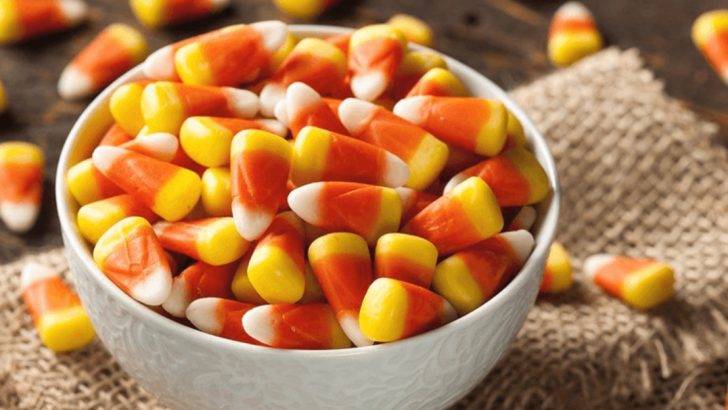Candy has picked up a lot of baggage over the years—tales of tooth-melting terror, wild sugar highs, and urban legends that just won’t quit. Some of these claims have a kernel of truth, but many are nothing more than sticky-sweet fiction.
It’s time to unwrap the facts and clear the air about your favorite confections. The truth might surprise you—and make that next piece of candy taste even sweeter.
1. Sugar Feeds Cancer Cells
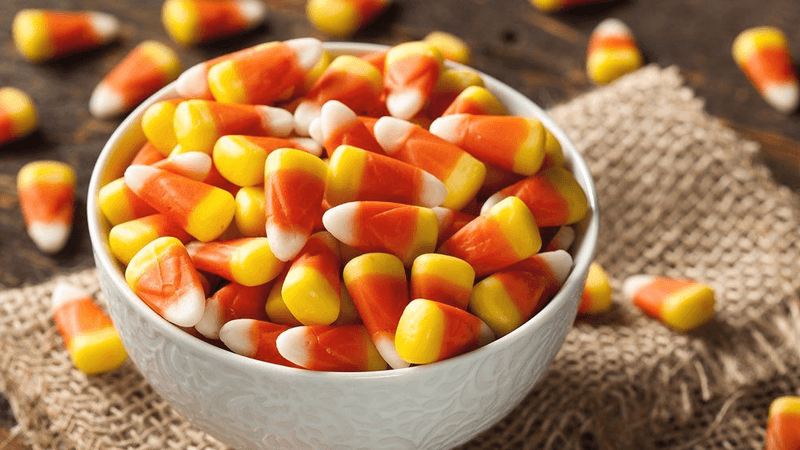
Heard the terrifying claim that sugar fuels cancer growth? Don’t toss your Twizzlers just yet! While cancer cells do consume glucose, so does every cell in your body. This natural process doesn’t mean sugar specifically targets or accelerates cancer.
The American Cancer Society confirms no direct link exists between eating sugar and cancer spreading. Your body doesn’t distinguish between sugar from fruit or from fun-size candy bars – it all gets converted to the same essential fuel.
2. Candy Causes Diabetes
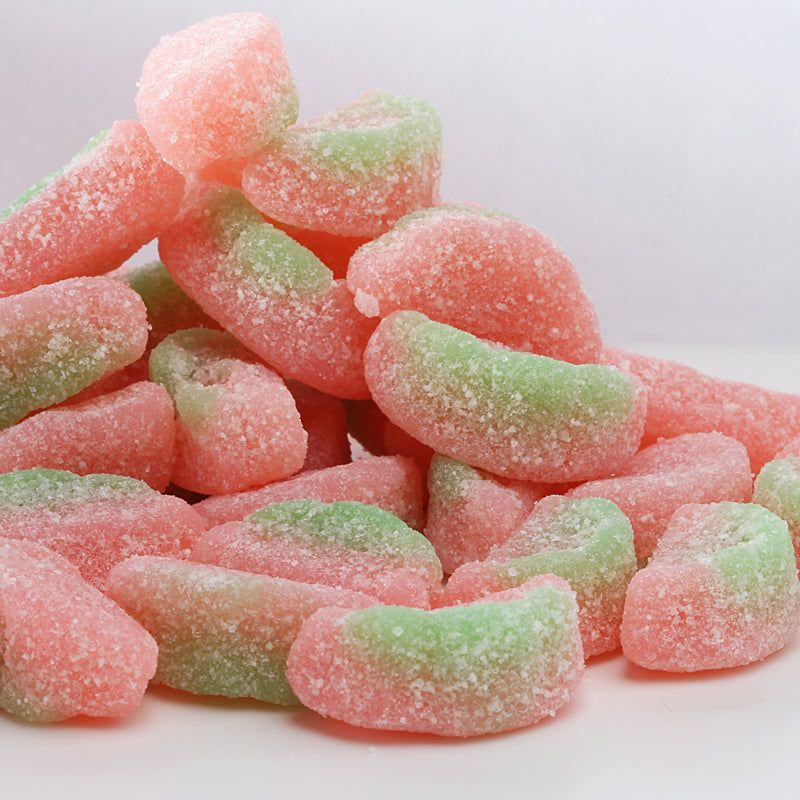
“Eat too many Skittles and you’ll get diabetes!” – the classic parental scare tactic has zero scientific backing. Type 1 diabetes is an autoimmune condition completely unrelated to candy consumption. Nobody develops it from a chocolate binge.
Type 2 diabetes involves a complex mix of genetics, lifestyle factors, and overall dietary patterns. No single food – not even the sugariest lollipop – directly causes this condition.
3. Sugar-Free Candy Is Better For You
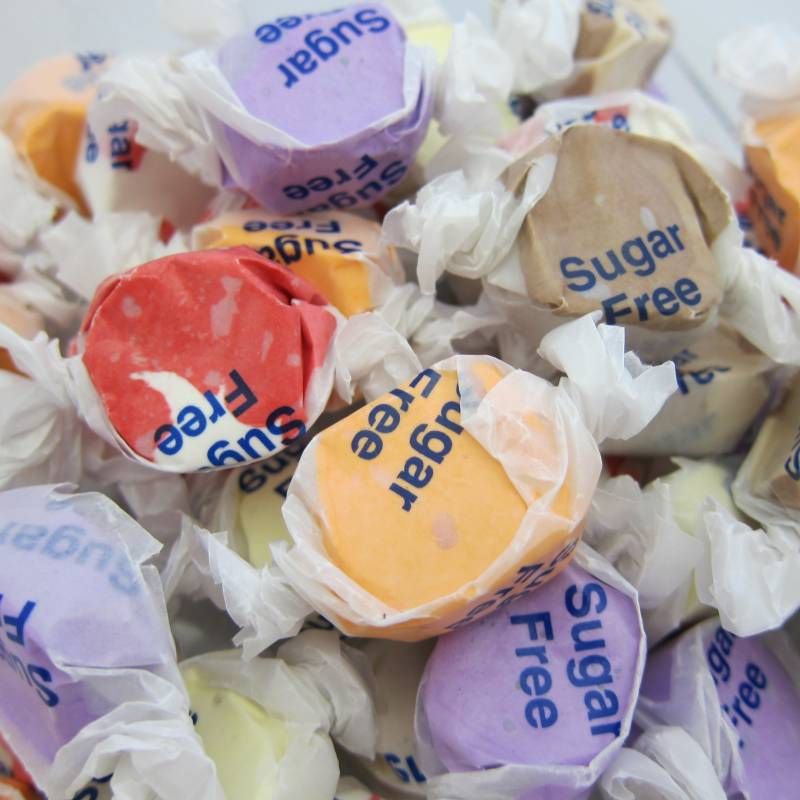
Sugar-free candy sounds like a magical solution – all sweetness, zero guilt! Reality check: these treats often contain artificial sweeteners that bring their own baggage. Many sugar alternatives cause digestive distress (read: emergency bathroom trips) when consumed in candy-binge quantities.
Look at the calorie count – many sugar-free options pack nearly identical calories as their sugary twins. The marketing fools us into thinking we’re making healthier choices.
4. You Have To Brush Your Teeth Right After Eating Candy
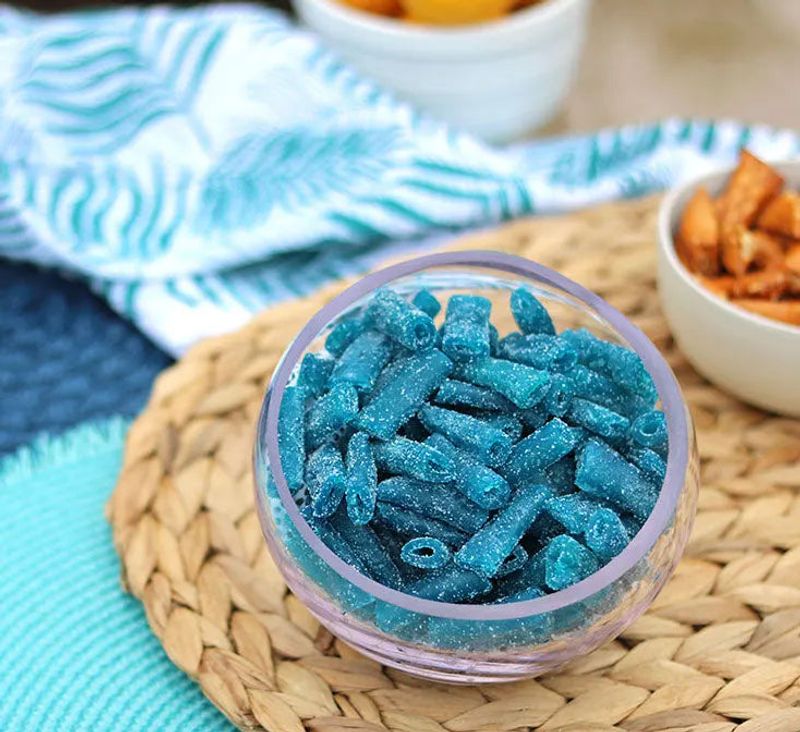
Racing to the bathroom after demolishing that chocolate bar? Hold up! Brushing immediately after sugar exposure actually damages your teeth. Sugar temporarily softens tooth enamel, and brushing during this vulnerable state can wear it away permanently.
Dentists recommend waiting 30-60 minutes after candy consumption before brushing. The smarter move? Rinse with water right after your sweet treat to wash away some sugar without harming enamel.
5. All Candy Is Unhealthy
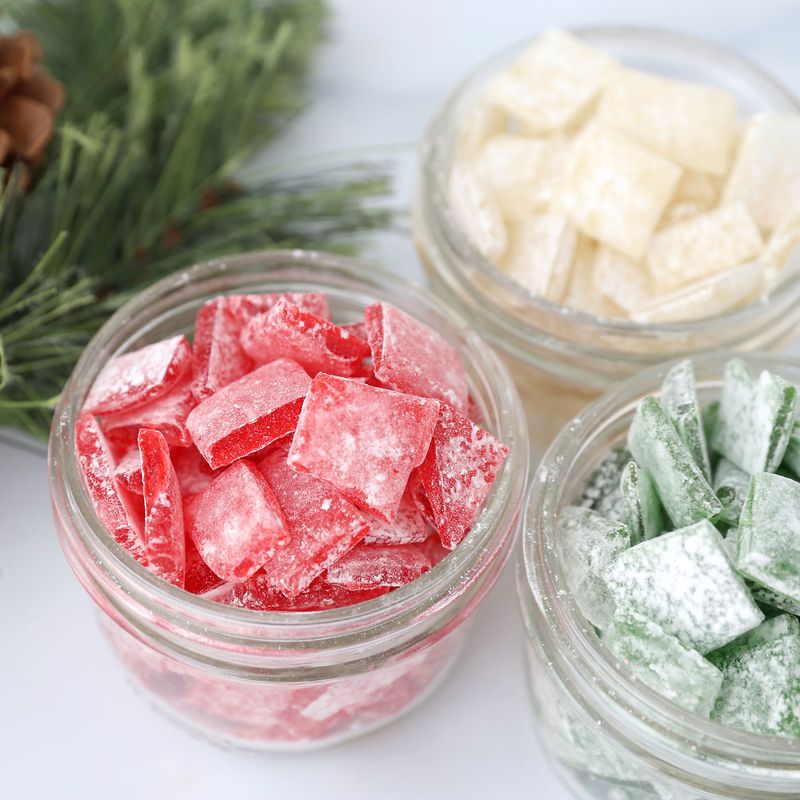
Dark chocolate loaded with antioxidants? Hard candies that soothe sore throats? Not all sweet treats deserve their villainous reputation! Certain candies offer surprising benefits when enjoyed strategically and in moderation.
Dark chocolate (70%+ cocoa) contains flavanols that support heart health and may improve cognitive function. Licorice-based candies have anti-inflammatory properties. Even simple peppermints can aid digestion and freshen breath naturally.

